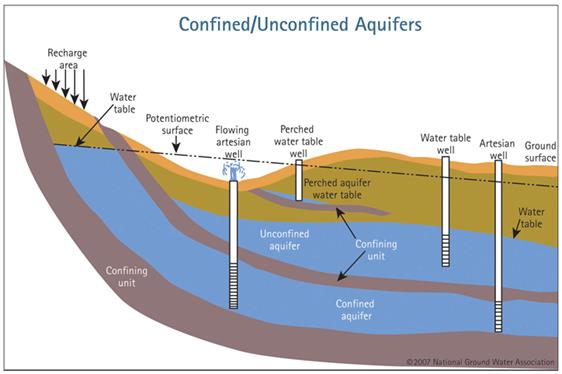
 3
3




 9
9




Idle dreamer
 8
8




Trying to achieve self-reliance on a tiny suburban plot: http://gardenofgaladriel.blogspot.com
 7
7




A build too cool to miss:Mike's GreenhouseA great example:Joseph's Garden
All the soil info you'll ever need:
Redhawk's excellent soil-building series





 6
6




Living a life that requires no vacation.
 5
5





Iterations are fine, we don't have to be perfect
My 2nd Location:Florida HardinessZone:10 AHS:10 GDD:8500 Rainfall:2in/mth winter, 8in/mth summer, Soil:Sand pH8 Flat

 4
4




Some places need to be wild
 4
4




Sometimes the answer is nothing

 1
1




Tyler Ludens wrote:https://www.harvestingrainwater.com/
If every land owner (or even a significant number) implemented these techniques we could solve all our water problems very quickly.
https://www.youtube.com/watch?v=2iQ-FBAmvBw&t=347s
 2
2




 4
4




Aida Alene wrote:I
In reference to the aquafer. Every rainy season its levels rise drastically, just never to where it was at before all these wells were tapped into it. So the rain must be getting down to the aquafer in short order no?



 4
4





 6
6




"Never doubt that a small group of thoughtful, committed citizens can change the world; indeed, it's the only thing that ever has."-Margaret Mead "The only thing worse than being blind, is having sight but no vision."-Helen Keller
 1
1




Skandi Rogers wrote:
Not necessarily. what is probably happening is that the amount of water being removed is lessening in the rainy season so the draw down cones are filling in, which would also explain why it never recovers to the same level as before ... What might be an idea especialy if you think the well will run dry is to start thinking about saving for a large buried water tank taken from all your roofs that can supply a much larger proportion of your water needs.





Roberto pokachinni wrote: It sounds like you have minimal water needs in comparison to some of your neighbors, but what are your needs/volumes exactly? I'm not asking for my interest, but for yours. You need to figure out what your water needs are, and figure out whether you can supply that from your rain... from your roof catchments.
Roberto pokachinni wrote:
When I lived on Haida Gwaii, in my small off-grid cabin, I lived completely off my food-grade rain barrel that took water off less than half of the roof, a surface well at the garden (used rarely and only for gardening), and saltwater for washing. On that island, there was pretty much year-round rain, in total abundance.
 1
1




Visit Redhawk's soil series: https://permies.com/wiki/redhawk-soil
How permies.com works: https://permies.com/wiki/34193/permies-works-links-threads
 1
1




 1
1




Each generation has its own rendezvous with the land... by choice or by default we will carve out a land legacy for our heirs. (Stewart Udall)
 4
4




Thanks, Y'all!
 1
1




John Daley Bendigo, Australia The Enemy of progress is the hope of a perfect plan
Benefits of rainfall collection https://permies.com/t/88043/benefits-rainfall-collection
GOOD DEBT/ BAD DEBT https://permies.com/t/179218/mortgages-good-debt-bad-debt
 3
3




 3
3










